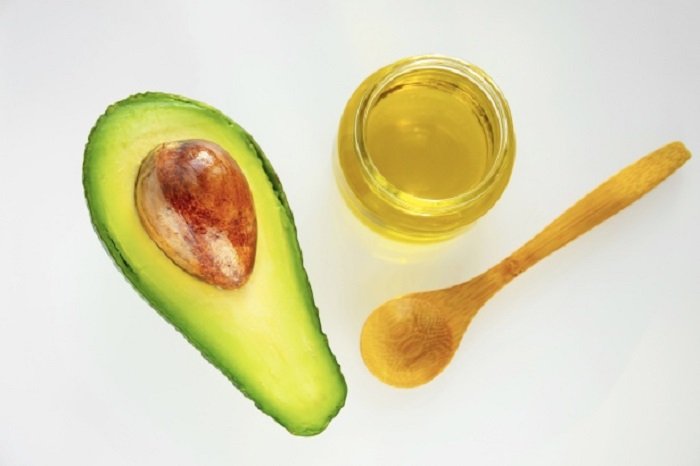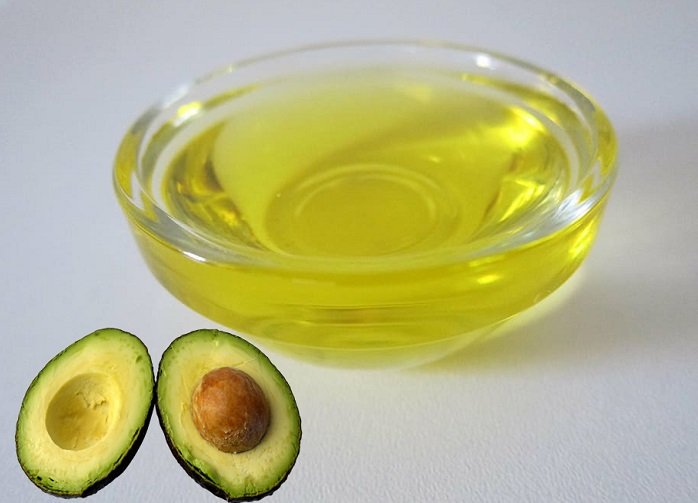Cooking oils are essential in every kitchen, but not all are suitable for high-heat cooking. One oil that stands out for its versatility and health benefits is avocado oil. But is avocado oil good for high heat cooking? In this article, we’ll explore the characteristics of avocado oil, its suitability for high-heat cooking, how it compares to other oils, and why it’s gaining popularity among health-conscious consumers.
High-Heat vs. Low-Heat Cooking: Key Differences
Before diving into avocado oil, it’s important to understand the difference between high-heat and low-heat cooking.
High-Heat Cooking involves methods like grilling, frying, roasting, and stir-frying at temperatures above 400°F (204°C). Oils used for these methods must have a high smoke point to avoid breaking down and releasing harmful compounds.
Low-Heat Cooking includes techniques like poaching, simmering, and sautéing at lower temperatures (below 375°F). For these, oils with lower smoke points can be used without risking degradation.
High-Heat Cooking Oils vs. Low-Heat Cooking Oils
Not all oils are created equal when it comes to temperature. Let’s look at some of the best oils for both high-heat and low-heat cooking.
Comparison Table: High-Heat vs. Low-Heat Oils
| Oil Type | Smoke Point | Best Uses | Health Benefits |
|---|---|---|---|
| Avocado Oil | 480°F – 520°F | Frying, grilling, roasting | Rich in monounsaturated fats, high in antioxidants |
| Refined Coconut Oil | 400°F | Stir-frying, roasting | Contains medium-chain triglycerides (MCTs) |
| Canola Oil | 400°F – 450°F | Frying, grilling | High in omega-3 and omega-6 fatty acids |
| Safflower Oil | 450°F | Stir-frying, grilling | Contains unsaturated fats, good for heart health |
| Extra Virgin Olive Oil | 375°F – 405°F | Salads, low-heat sautéing | High in antioxidants, anti-inflammatory properties |
| Flaxseed Oil | 225°F | Salad dressings, cold dishes | Rich in omega-3 fatty acids, supports heart health |
| Walnut Oil | 320°F | Salad dressings, light sautéing | Good for heart and brain health, rich in polyunsaturated fats |
Why Avocado Oil is Ideal for High-Heat Cooking
Avocado oil stands out as one of the best oils for high-heat cooking because of its exceptionally high smoke point, which ranges from 480°F to 520°F. This makes it suitable for grilling, frying, and roasting, where other oils may degrade and lose their nutritional value. Avocado oil remains stable, ensuring that your food cooks evenly while maintaining its flavor and health benefits.

Nutrition of Avocado Oil
Avocado oil is packed with essential nutrients that make it a healthy choice for your kitchen:
- Monounsaturated Fats: High in oleic acid, which helps reduce bad cholesterol (LDL) and raise good cholesterol (HDL).
- Omega-9 Fatty Acids: Help reduce inflammation and improve heart health.
- Vitamin E: An antioxidant that supports immune function and skin health.
- Lutein: A nutrient that supports eye health and prevents age-related eye conditions.
- Zero Trans Fats: Avocado oil contains no harmful trans fats, making it a safe option for everyday cooking.
For more detailed comparisons and benefits of various oils, refer to our Healthy Cooking Oil Chart.
Health Benefits of Avocado Oil
- Heart Health: Rich in monounsaturated fats, avocado oil can lower bad cholesterol and reduce the risk of heart disease.
- Nutrient Absorption: It helps absorb fat-soluble vitamins (A, D, E, K), making it a great addition to vegetable-based dishes.
- Anti-Inflammatory: The antioxidants in avocado oil can help reduce inflammation linked to chronic diseases.
- Eye Health: Lutein, an antioxidant in avocado oil, supports healthy vision and helps prevent macular degeneration.
When To Use Avocado Oil
FAQs About Avocado Oil and High-Heat Cooking
Is avocado oil safe for frying at high temperatures?
Yes, avocado oil is perfect for high-heat frying due to its smoke point of 480°F to 520°F, ensuring it doesn’t break down into harmful compounds.
Is avocado oil better than olive oil for high-heat cooking?
Yes, avocado oil has a higher smoke point than olive oil, making it better suited for high-heat methods like frying and grilling, while olive oil is ideal for lower-heat cooking or as a finishing oil.
Can I use avocado oil for baking?
Yes, avocado oil is great for baking because of its mild flavor and ability to withstand high temperatures, making it suitable for a variety of recipes.
Does avocado oil have a strong flavor?
No, avocado oil has a neutral, mild flavor, which allows it to be used in a wide range of dishes without overpowering other ingredients.
Is avocado oil healthy for everyday cooking?
Yes, avocado oil is rich in healthy fats, vitamins, and antioxidants, making it an excellent choice for everyday cooking and contributing to overall health.
Can avocado oil be used for grilling?
Absolutely! Avocado oil’s high smoke point makes it an ideal option for grilling, as it won’t degrade under the heat.
Is avocado oil good for keto or paleo diets?
Yes, avocado oil is a popular choice for both keto and paleo diets due to its high-fat content and zero carbohydrates, making it a perfect addition to a low-carb, high-fat diet.
Statistics and Data on Avocado Oil
Avocado oil has seen rapid growth in demand over the past few years. The global avocado oil market is expected to reach USD 6.13 billion by 2032, with a compound annual growth rate (CAGR) of 11.1% from 2018 to 2032. This surge is largely driven by the rising health consciousness of consumers who seek healthier cooking options, particularly in regions like the U.S.【source】.
How to Make Your Own Avocado Oil at Home
As we’ve discussed, using the right oil is crucial when frying, to prevent food from sticking and enhance the texture. The choice of oil can vary depending on the dish you’re preparing. For example, coconut oil is an excellent alternative to butter when making scrambled eggs. It provides a naturally creamy texture, similar to butter, but without the added fat. However, if you’re curious about making your own oil, let’s dive into how you can make avocado oil at home!
Step-by-Step Guide to Making Avocado Oil:
- Cut the Avocados: Start by cutting your avocados in half and removing the pits. Discard the pits.
- Scoop Out the Flesh: Use a spoon to scoop the avocado flesh out of the skins.
- Blend into a Paste: Place the avocado flesh into a blender and blend until it becomes a smooth puree.
- Spread on a Baking Tray: Evenly spread the avocado paste onto a baking tray.
- Dry in the Oven: Preheat your oven to 150°F (65°C). Place the tray inside and allow the avocado paste to dry for 5 to 6 hours. Check periodically to ensure the paste turns a dark brown color.
- Extract the Oil: Once dried, place the avocado paste into a thin cloth. Gather the corners of the cloth and squeeze as firmly as possible to extract the oil.
- Store the Oil: Use a funnel to pour the freshly squeezed avocado oil into a bottle for storage.
And that’s it! You’ve successfully made your own avocado oil at home!
Conclusion: Is Avocado Oil Good for High Heat Cooking?
In summary, avocado oil is one of the best oils for high-heat cooking due to its high smoke point and rich nutritional profile. It’s perfect for frying, roasting, and grilling, while also offering numerous health benefits like promoting heart health, reducing inflammation, and supporting nutrient absorption. For those looking to improve their cooking and health simultaneously, avocado oil is an excellent choice.





